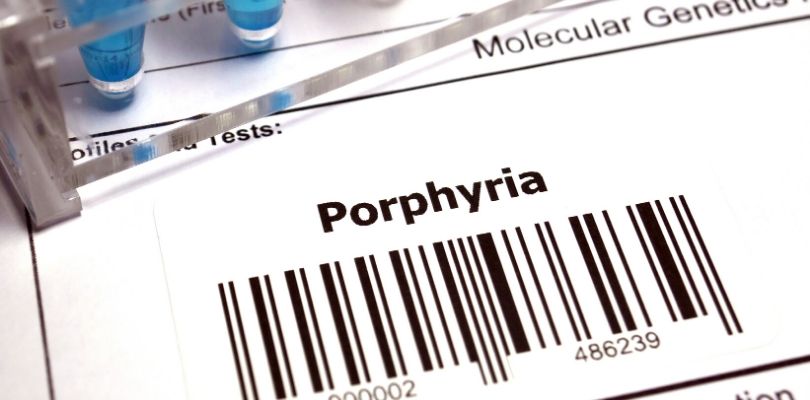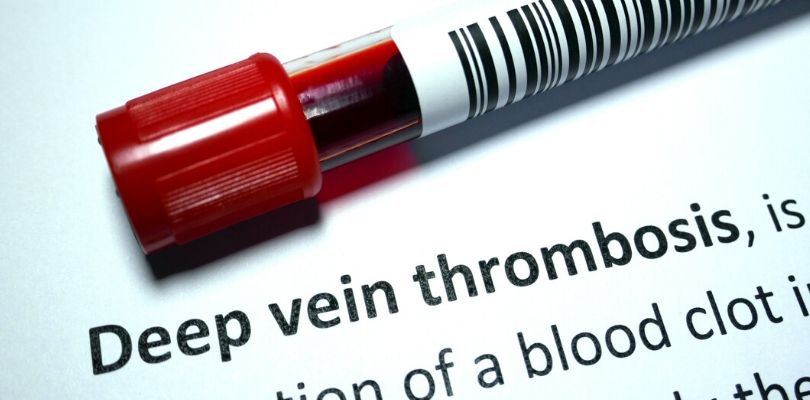Understanding ITP Treatment
We’ve all had our share of bumps, bruises and scrapes. It’s not a big deal for most people; you disinfect, slap on a bandage and keep going about your day. Small injuries are a minor inconvenience because your blood will clot and scab over pretty quickly—unless you have ITP. In this article we explain what ITP is, what the common symptoms are, and we also review ITP treatment.
What Is ITP?
Immune thrombocytopenia purpura (ITP) is an autoimmune disease that targets your blood platelets—the cells that clump together to help your blood clot. The immune system marks the platelets as foreign invaders and they are eliminated by the spleen (sometimes the liver helps out too). There are some cases where platelet production is impaired in addition to the platelets being destroyed, causing the platelet count to plummet. ITP can lead to bruising and bleeding that happens easily and excessively because there are not enough platelets available to slow the bleeding.
How Many Platelets Should You Have?
Platelets (also known as thrombocytes) are colorless, disc-shaped cells in our blood that help in blood clotting and aid in the structure of blood vessel walls. A normal platelet count ranges from about 140,000 to 440,000 per microliter of blood. A patient is considered to have low platelets if they have less than 140,000. ITP is an unusually lower number of platelets; less than 100,000 might be considered ITP, but the condition needs to be diagnosed by a doctor.
Causes of ITP
As an autoimmune disease, ITP occurs when the immune system incorrectly identifies platelets as an invader, causing it to attack these blood cells. ITP is not a genetic disease; if a family member has ITP, your risk of getting ITP does not increase. It appears that ITP is generally triggered by another infection:
- In children, it usually occurs after a viral illness, such as the flu.
- In adults, it may be triggered by an infection with HIV, hepatitis, or H. pylori.
As far as risk groups, ITP is more common with young women. Risk seems to increase with individuals who have other conditions such as rheumatoid arthritis, lupus and antiphospholipid syndrome.
Symptoms of ITP
Depending on the severity of ITP, symptoms may look like:
- Spontaneous or excessive bruising
- Pinpoint-sized dots that are red-purple in color and look like a rash
- Bleeding from the gums or nose
- Blood in urine or stools
- Unusually heavy menstrual flow
- Blood blisters on the inside of the cheeks
The Difference of ITP in Children and Adults
Children who get ITP generally make a full recovery without treatment. The reason this happens is because their bodies usually stop making the antibodies that attack the platelets, so the condition resolves on its own. In adults, the prognosis is different since ITP in adulthood is often long term, requiring a treatment plan to be manageable.
What to Do When a Child Has ITP
Children’s bodies usually self-correct over time and their bodies stop producing the platelet antibodies. In the meantime, the goal of treatment in children is to keep their platelets in a safe range until these antibodies disappear. While children generally do not require treatment, you need to take some precautions to try and prevent injuries and bleeding. There are some tips that can help manage the condition:
- Keeping your doctor informed of your child’s condition and discuss any limitations or recommended safety measures.
- Making sure that the environment is safe by padding areas or having your child wear protective clothing and gear.
- Restricting certain activities that pose danger, including contact sports.
- Being informed of all your child’s medication. Some medication, including over the counter medicine, may affect the body’s ability to control bleeding. If you are unsure of any consequences of medication, speak with a pharmacist or doctor.
There are a lot of myths surrounding dieting and weight loss. It can be difficult to keep track of the facts, so it's time to dispel these diet myths.
How to Treat ITP
There is not a cure for ITP, but following a doctor-recommended treatment plan usually improves blood platelet count. Treatments vary depending on your platelet count and personal health status.
Regular Monitoring and Platelet Checks
In mild cases, it is just a matter of making sure your numbers and general health are in good working order. Ongoing check-ins help ensure that your ITP is under control.
Platelet-boosting Medications
There are a variety of drugs that your doctor may recommend. Usually an oral corticosteroid helps improve your platelet count by slowing the rate of platelet destruction, but steroids are not recommended for long-term use. Your doctor may give an injection of immune globulin, or prescribe other drugs, such as romiplostim and eltrombopag to assist the bone marrow in platelet production.
Splenectomy
This is a surgery to remove the spleen. The spleen destroys blood platelets in the body, so getting rid of this organ should improve your platelet count. Unfortunately, a splenectomy is not a guaranteed fix and there are other side effects, such as permanently making your body more susceptible to infection.
Platelet Concentrate Transfusion
In cases where emergency treatment is needed and platelet levels crash, you may require a platelet transfusion. Platelets are given by infusion into a vein and the process takes less than a half hour, offering an increase of platelets right away.
Hormone Therapy
In some cases of low platelets, doctors may prescribe hormones to teenage girls to stop their menstrual cycle. They do this because additional bleeding from menstruation may lower the platelet count in some patients.
Some Warnings for People with ITP
There are a few tips for those who have ITP and how they need to protect themselves, including:
- Avoiding contact sports or other high-impact activities that may cause bleeding in the brain.
- Keeping an eye out for signs of infection following a splenectomy.
- Advising your doctor of any medications you are taking. Some non-prescription drugs may affect platelet function.
Talk to Your Doctor
ITP can cause some pretty serious health issues if not treated. Make sure your platelet count is in a safe zone and see your doctor as often as required to keep the impact of ITP to a minimum.







